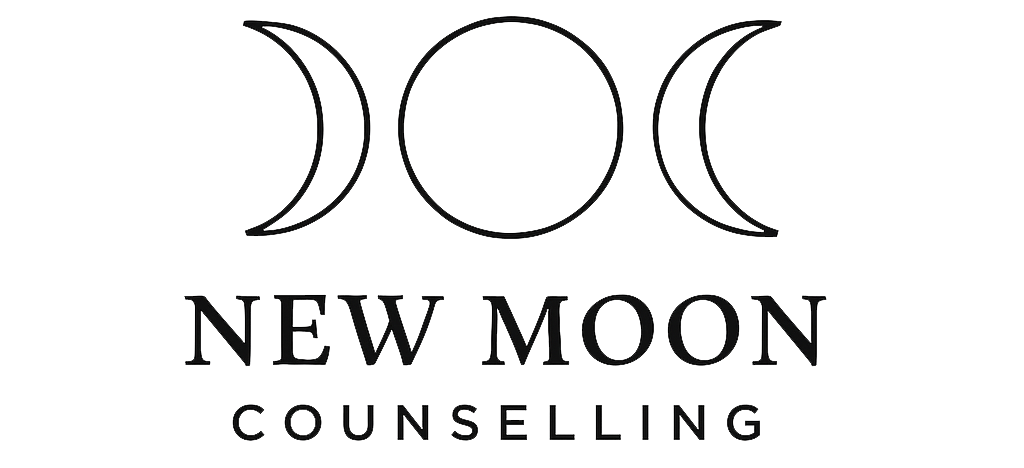What is Therapy
Therapy is a safe, confidential space where you can explore your thoughts, feelings, and experiences with a trained professional. Whether you’re feeling overwhelmed, struggling with relationships, working through past experiences, or simply want to understand yourself better, therapy offers support that’s tailored to you.
It’s not about being told what to do or being “fixed.” Therapy is a collaborative process — a chance to pause, reflect, and find new ways of coping, healing, or growing. Some people come with clear goals, while others come simply wanting to be heard. There’s no right or wrong reason to start therapy.

What Is the Humanistic Approach?
This practice is grounded in the humanistic approach to therapy. That means we focus on the whole person — not just symptoms or diagnoses. Humanistic therapy sees you as the expert in your own life. It values your lived experience, inner wisdom, and capacity for growth. The therapist offers empathy, acceptance, and a genuine relationship, creating a space where you feel safe to explore who you are without judgment.
Rather than focusing on what’s “wrong” with you, we look at what’s happening for you — and work together to better understand your emotions, choices, and needs. It’s about building self-awareness, self-compassion, and the freedom to live more authentically.
Therapy Can Help You:
- Understand and manage difficult emotions
- Improve relationships and communication
- Process trauma or loss
- Manage stress, anxiety, or depression
- Explore identity, values, and self-worth
- Build resilience and emotional confidence
- Feel more connected to yourself and others
Therapy for LGBTQ+ Clients
This is a supportive and affirming space for people of all sexual orientations, gender identities, and relationship structures. Therapy can help LGBTQ+ individuals explore identity, navigate coming out, heal from discrimination or internalised shame, process trauma, and build relationships that reflect who they truly are. Whether you’re seeking a space that understands your lived experience, or want help navigating life’s ups and downs, you’re welcome here — fully and without judgment.
Therapy for Neurodivergent Clients
Therapy can also be a helpful space for people who are neurodivergent, including those with ADHD, autism, dyslexia, and more. It offers a place to understand your needs, manage stress or burnout, work through masking or identity challenges, and process how the world responds to you. I work with a flexible, affirming approach that avoids pathologising and respects your communication style, sensory needs, and personal strengths.
Finding the Right Therapist Matters
One of the most important parts of therapy is the relationship between you and your therapist. Everyone is different — and so is every therapist. We all work in slightly different ways, with different approaches, training, and personalities.
That’s why it’s perfectly okay — and actually quite healthy — to take time to find the right fit. If a therapist doesn’t feel quite right for you, that doesn’t mean therapy “doesn’t work,” and there’s absolutely no shame in choosing not to continue. Your comfort and trust are essential. You deserve to feel safe, supported, and understood.
Do I Have to Be in Crisis to Start?
No — you don’t need to be in crisis to benefit from therapy.
In fact, starting therapy before things reach breaking point can be especially valuable. It can give you the tools and support to cope early on, help you understand patterns before they become overwhelming, and offer space for reflection and personal growth. Therapy can be a proactive step in caring for your mental and emotional wellbeing — a way to invest in yourself, not just react to difficulty.
Therapy can be incredibly supportive during difficult times, but it’s important to know that it is not a crisis service. Counsellors can’t offer emergency care.
If you are in crisis or feel unsafe, please seek immediate support from services designed to help in urgent situations:
- Samaritans – Call 116 123 (free, 24/7)
- Shout – Text “SHOUT” to 85258 (free, 24/7 mental health text support)
- NHS 111 – Call 111 for urgent health advice or help accessing mental health support
- Emergency Services – Call 999 if you or someone else is in immediate danger
You deserve care and support — please don’t wait to reach out if you need urgent help.
If you’re curious about therapy or want to know more about how I work, you’re welcome to get in touch or book an initial session. There’s no pressure — just an opportunity to explore what might be helpful for you, right now.
